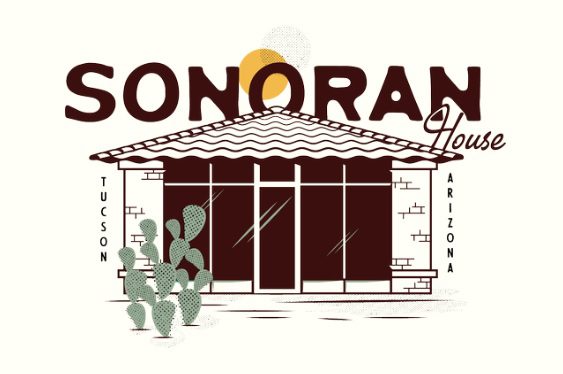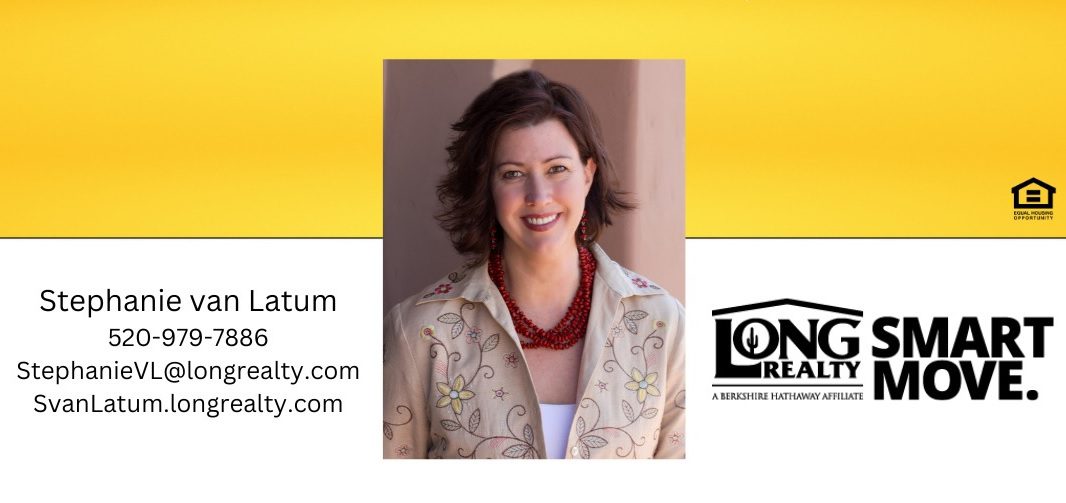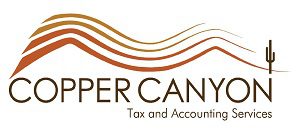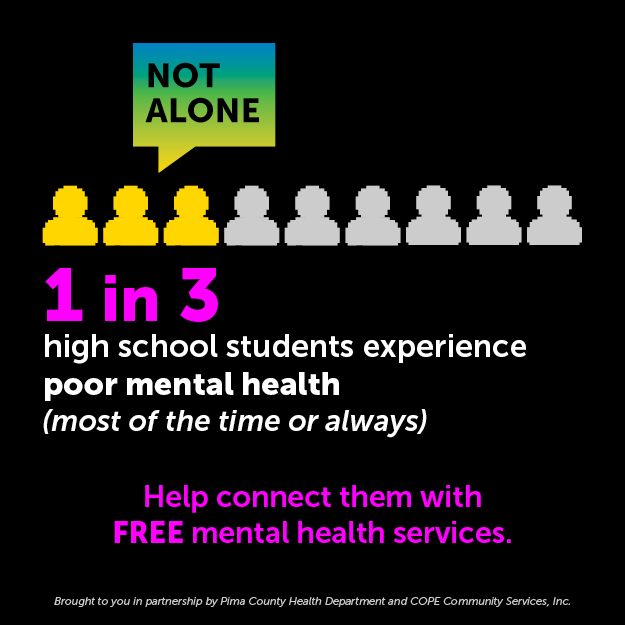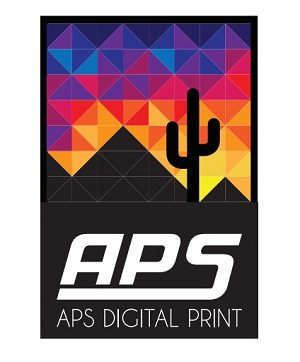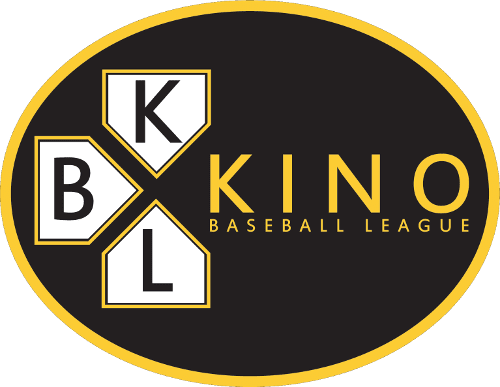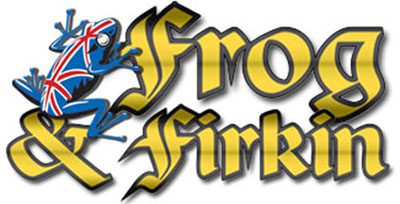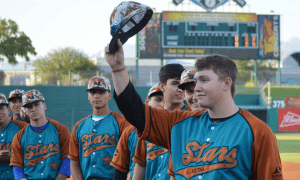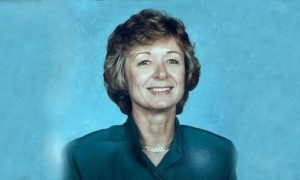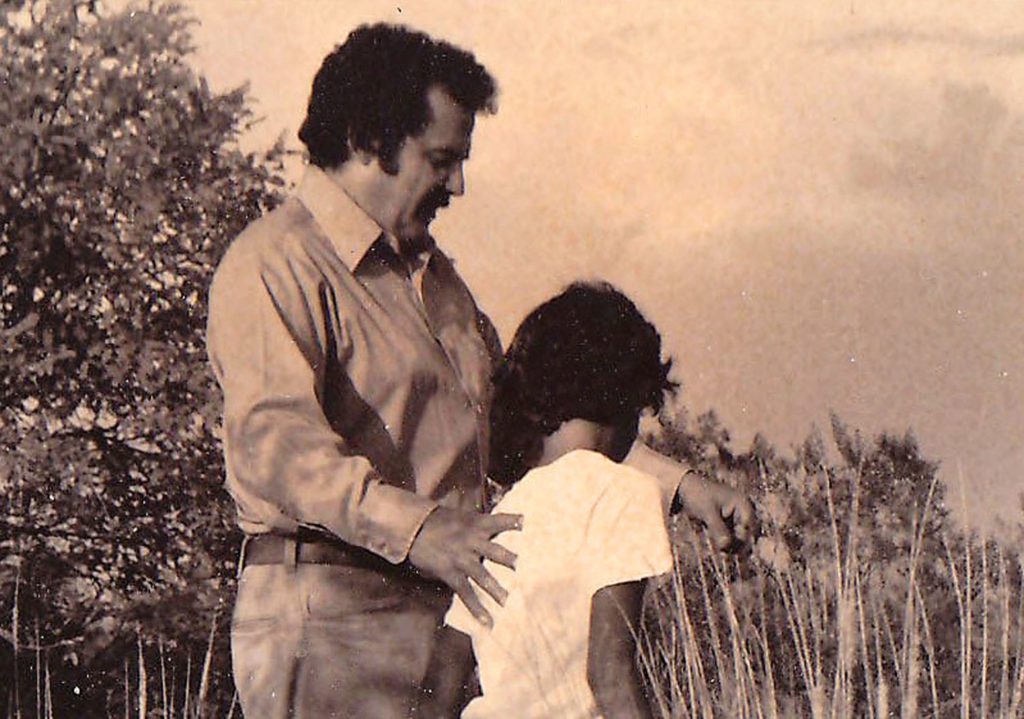
This is the 31st installment of “Old Pueblo Abuelo,” a thought on positive things happening in the Old Pueblo from a sometimes cranky and often times humorous grandfather actually born in Tucson and writing from my desk in Tucson, the Old Pueblo.…
“I want you to carry my ashes from my house to San Xavier. I want you to spread my ashes in the Santa Cruz River along the way.”
My father seldom made requests from anyone, much less from his children. We knew he was dying. We knew it was almost over and so did he. He was born on a Tuesday morning, October 17 of 1933 and he left us almost 77 years later, on a Friday afternoon, March 12, 2010.
He was diagnosed with cancer about a decade earlier.
LINK: MORE OLD PUEBLO ABUELO CAN BE FOUND HERE
He discovered a lump on his chest and the doctors gave him about a month to live without treatments and he almost chose that path but we, his children, guided him to a different one, with the help of his grandchildren. His grandchildren gave him purpose.
He chose to live.
His insurance company, however, had a different idea on how things were going to proceed. Knowing the doctors gave my father a few weeks to live, it took the guys with the calculators 45 days to accept a course of action. He waited them out. He waited them out for 10 years. The so-called “Death Panels” always existed in the form of insurance guys with calculators and pencils.
“You want me to carry you, like in a box?” I responded.
“No, you’ll probably need a backpack. You can take people with you if you want but I want you to carry the ashes. Don’t spread them all. Spread some at the Mission and save some for later,” he said.
“Later?” I asked.
“You might want to make the same journey and spread some more along the river when you get older.” He said.
“Why do I have to be the one?” I asked.
“I want you to be the one,” he responded.
I’m not sure what requests he made from my siblings or from his friends but my job was set, or so I thought.
“And I want you to speak for me,” he added.
“Speak for you?” I responded.
“I want you to tell my story. I want you to remember everything we talked about,” he added.
We talked of many things over his last few months. His mind, thanks to poisonous cancer medications running through his veins, was in a fog at times and as clear as ever at other times. I would often speak a few words only to look over at him and notice he was somewhere distant. Somewhere where I knew I’d be one day, lost in clouds that I knew were drawing nearer and nearer and are drawing nearer and nearer.
We talked of his public service and how he sacrificed being at home with his own children in an attempt to help the children of others. He offered no apologies as none were required. We grew up with literal and figurative giants in our home from Cesar Chavez to Mo Udall. I was too young to realize “Who?” and “Why?” and, even when I was old enough to answer my own questions, I still failed to grasp to significance of hearing Chavez speak and being lofted high in the air by Udall. Nothing really hit me until I was ready, but I wish I was ready then.
No apologies were asked because public service requires personal sacrifices. We talked of many things, and those topics will be handled in their own time, but the notion of doing more than what we think we can, not for ourselves, is for yesterday, today and always.
“It’s better to do good than well,” he told me.
Through all the good, we struggled financially as a family, often told we lived on the wrong side of the tracks in Tucson when we were young. But we eventually did well when my father was rewarded for all his work with a job in the Carter administration which called for a moved to a large home in the suburban Maryland. That move sent me on a course to where I am now.
There are many side stories to all of this, and they will also have their time, but the notion of doing good for others, even at the expense of doing well for yourself, is important as we enter a new set of months filled with promises for ourselves that we know we will never keep. But make a promise to help others by being a light to guide them through their fog.
In goodness, one can find wellness. You just have to accept what that wellness might look like. It rarely comes in the form of monetary gain. In fact, expect a loss. It often comes in the form of calmness and joy that you might bank and draw from when you feel lost.
For me, it is better to do good than well.
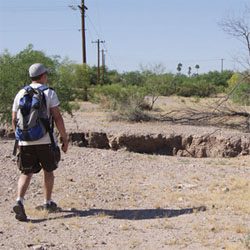
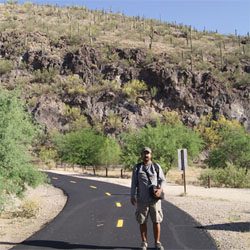
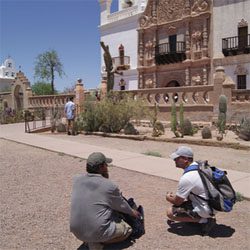
NOTE: My brother Javier joined me on the pilgrimage to San Xavier. Our older brother Carlos and other family members kept track of us and met us at the mission. (Photos taken May, 2010)
FOLLOW @ANDYMORALES8 ON TWITTER
Named one of “Arizona’s Heart & Sol” by KOLD and Casino del Sol, Andy Morales was recognized by the AIA as the top high school reporter in 2014, he was awarded the Ray McNally Award in 2017 and a 2019 AZ Education News recognition. He was a youth, high school and college coach for over 30 years. He was the first in Arizona to write about high school beach volleyball and high school girls wrestling and his unique perspective can only be found here and on AZPreps365.com. Andy is a Southern Arizona voting member of the Ed Doherty Award, recognizing the top football player in Arizona, and he was named a Local Hero by the Tucson Weekly for 2016. Andy was named an Honorary Flowing Wells Caballero in 2019, became a member of the Sunnyside Los Mezquites Cross Country Hall of Fame in 2021 and he was a member of the Amphi COVID-19 Blue Ribbon Committee. He earned a Distinguished Service Award from Amphitheater and he was recognized by City Councilman Richard Fimbres. Contact Andy Morales at amoralesmytucson@yahoo.com


